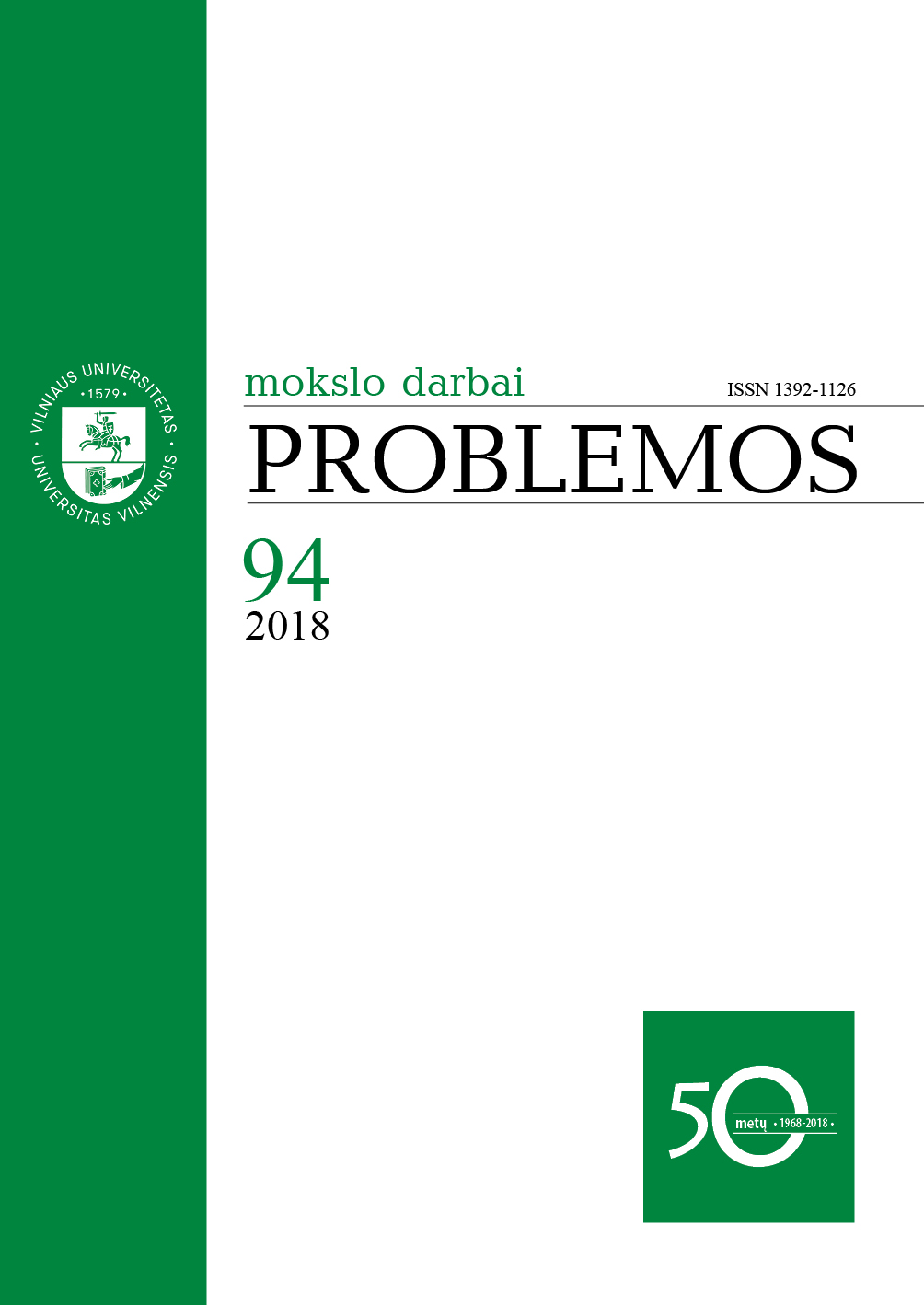TEISINGUMA S UŽDAROSE IR ATVIROSE VISUOMENĖSE: H. BERGSONAS VERSUS K. R. POPPERIS
JUSTICE IN CLOSED AND OPEN SOCIETIES: H. BERGSON VERSUS K. R. POPPER
Author(s): Camille RiquierSubject(s): Political Philosophy, Social Philosophy, Politics and society
Published by: Vilniaus Universiteto Leidykla
Keywords: Bergson; Popper; justice; open society; closed society; Europe;
Summary/Abstract: The concept of justice has undergone a historical transformation alongside the widening field of its application: the transition has occurred from the level of the family to the city (state), and from the city to the level of humanity. According to K. R. Popper, the open society emerged in the first stage of transformation, i.e., in Athens. Henri Bergson views the rational justice of the city-empire Athens as an engine of the closed society that maintains the tradition of the archaic (family) justice despite the political transformation that was occurring at that time – the emergence of democracy. Bergson believes that an open society is born only when justice becomes absolute, i.e., when the principle of justice is aimed to be applied at the level of humanity, something that got its historical impetus only from Judaism and Christianity. In this article, this evolution of the concept of justice and the transformation of a closed society into an open one are analysed by referring to texts of Aeschylus, Aristotle, Pierre Manent, and other authors. In the end, the question is raised of correspondence of contemporary Europe (the EU) to the concept of an open society.
Journal: Problemos
- Issue Year: 2018
- Issue No: 94
- Page Range: 95-107
- Page Count: 13
- Language: Lithuanian

